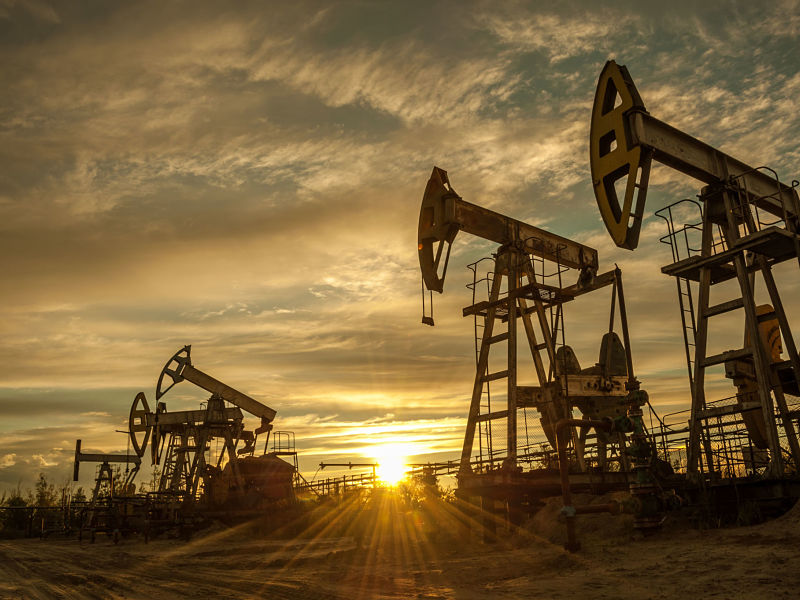
OPEC and allied producing countries are sticking with cautious increases in the amount of oil they send to the global economy, a decision likely to support prices that are near seven-year highs amid fears of a Russian military move against Ukraine.
The alliance of OPEC members led by Saudi Arabia and non-members led by Russia agreed Wednesday to add 400,000 barrels per day in March. That is in line with plans by the OPEC+ group to add that amount of oil every month and gradually restore deep cuts made during the depths of the coronavirus pandemic in 2020.
The move comes as oil prices hover near their highest levels since 2014, pushing up gasoline costs for drivers. U.S. oil traded up 1.2% at US$89.28, while international benchmark Brent crude was priced at US$90.09, up 1%.
Prices at those levels have led to pressure for more production from the U.S. and other consuming countries, which in November announced a coordinated release of oil from national reserves, a step that has not done much to curb the increase in prices as the economy bounces back from the pandemic and consumes more fuel for travel and industry.
OPEC+ sticking to its plan will support oil prices, especially since several members have been unable to meet their share of output. Higher oil prices are sending reverberations throughout the global economy in terms of higher consumer inflation in the U.S. and Europe and costlier fuel for heating, flying and driving.
U.S. drivers are paying an average of US$3.36 per gallon for gasoline, up 8 cents from a month ago and 94 cents from a year ago, according to motor club federation AAA. In Germany, gasoline prices hit a record 1.71 euros per liter, the equivalent of US$7.31 per gallon. Taxes make up a larger proportion of gas prices in Europe.
Recent price rises also have been fed by the tensions in eastern Europe, where uncertainty around Russia and Ukraine has raised fears that Russian oil supplies could be interrupted if diplomatic talks break down and U.S. and European sanctions materialize.
Russia is a major oil and gas producer. Some analysts think, however, that any sanctions imposed by the U.S. and Europe would seek to spare energy supplies.
Some OPEC member countries, such as Nigeria and Angola, have been unable to ramp up production due to lagging oil investment. That raises the question of whether countries that can produce more – such as de facto OPEC leader Saudi Arabia – can fill the gap.
OPEC+ has a stake in stable price developments: While higher prices benefit state budgets in producing countries, members may not want to see them shoot to levels over $100 per barrel, when they might begin to erode demand from transportation and industry.